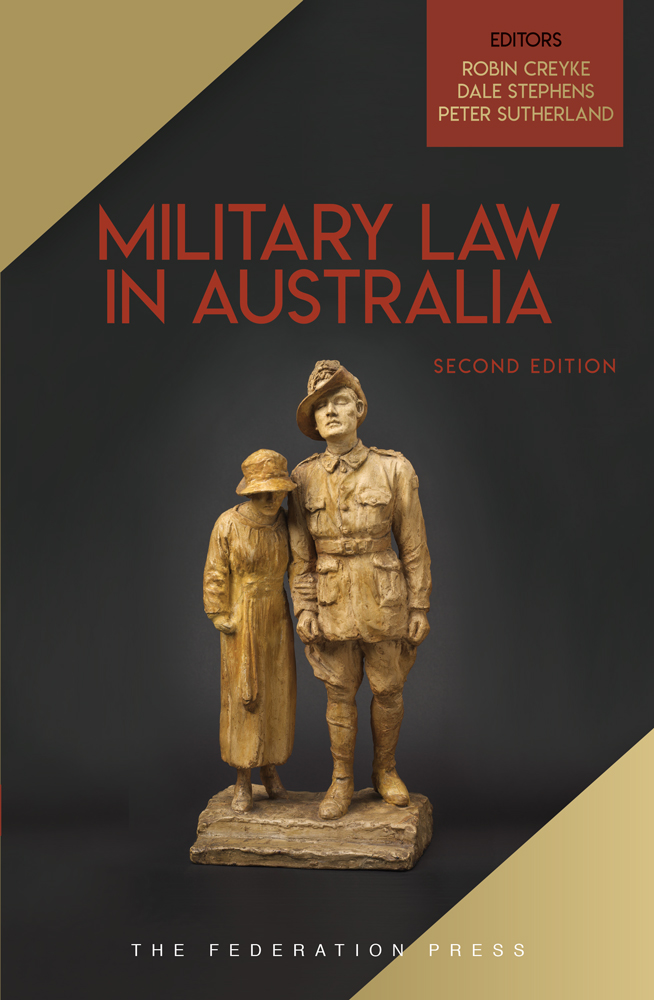The election of the Whitlam government in 1972 marked a turning point in 20th century Australia. Shaking off the vestiges of two decades of conservative rule, Gough Whitlam brought new ideas, new policies and new people to the task of governing.
Bursting with energy and expectation, the Labor government led a reform revolution in many areas, from education and health to the environment and foreign policy. But alongside the great achievements were great failures and, ultimately, tragedy when the government was dismissed.
For the first time, Gough Whitlam, ministers, advisers, public servants, party and union insiders provide a unique account of this turbulent period in Australian politics. The candid views of insiders are balanced with analysis from journalists and academics. They reveal what worked and what didn’t, and shed light on the personalities driving the engines of change.
It includes Whitlam’s “valedictory” message to the nation – his last public statement before his death in 2014. This revised edition includes a new preface by the editor, Troy Bramston, reflecting on Whitlam’s death, his final years and two decades of conversations with him.
The book also includes new research and previously unpublished photos and archival documents. The Whitlam Legacy provides the definitive account of the government that changed Australia forever.
* Click here for information about The Whitlam Legacy 2013 with DUST JACKET
__________________________________________________
The Whitlam Legacy in the Paper…
Foreword by Gough Whitlam
Preface to the Revised Edition
Preface
Introduction
Prologue: The Whitlam Ascendancy
Troy Bramston
Part One – The Whitlam Years and Political Style
Gough Whitlam: In his Father’s Shadow
Michael Kirby
I was a Teenage Whitlamite
Bob Carr
Whitlam, the 1960s and The Program
Frank Bongiorno
The Art of the Matter
Graham Freudenberg
Hearts and Minds: The Meaning of ‘It’s Time’
Nick Cater
Gough Whitlam: The Campaigner
Richard Farmer
Victories, Defeats and Electoral Politics
Malcolm Mackerras
Whitlam’s Opposition
Gerard Henderson
Part Two – Managing Government
The Whitlam Government Through the Cabinet Papers
Troy Bramston
Inside the Prime Minister’s Office
Evan Williams
A View from the Backbench
Ralph Willis
The Public Service
J R Nethercote
Whitlam and the Media
Eric Walsh
Scandals
Rodney Tiffen
Part Three – Policy and the Whitlam Government
Economic Policy
John O’Mahony
Health Policy
John Deeble
Education Policy
Michael Hogan
Social Policy
Brian Howe
Women of Australia
Susan Ryan
Environment Policy
Jeff Angel
Industrial Relations Policy
Michael Easson
Primary Industry Policy
John Kerin
Immigration and Multiculturalism
Mary Kalantzis and Bill Cope
Aboriginal Affairs
Frank Brennan
It’s Time, the Arts and Cultural Policy
Patricia Amphlett
Foreign and Defence Policy
Gordon Bilney
Law Reform and the Constitution
George Williams
Part Four – The Dismissal
The Dismissal
Michael Sexton
Sir John Did His Duty
Peter van Onselen
Media, Politics and The Dismissal
Leigh Hatcher
The Untold Story of The Dismissal
Troy Bramston and Paul Kelly
Part Five – Reflections and Assessments
A Personal Perspective
Kep Enderby
Politics, Policy and Labor in Retrospect
Moss Cass with Vivien Encel
Papua New Guinea: A Quiet Achievement
Bill Morrison
Gough Whitlam and Labor Tradition
Carol Johnson
A View from the Press Gallery
Geoff Kitney
Gough Whitlam: The Political Singularity
Barry Jones
The Whitlam Legacy
Paul Kelly
Epilogue: Whitlam’s True Believers
Troy Bramston
Appendices
1. Dismissal Documents
2. The Australian Records Labor’s Rise and Fall
3. The Whitlam Cabinets 1972-75
Chapter Notes
Index






